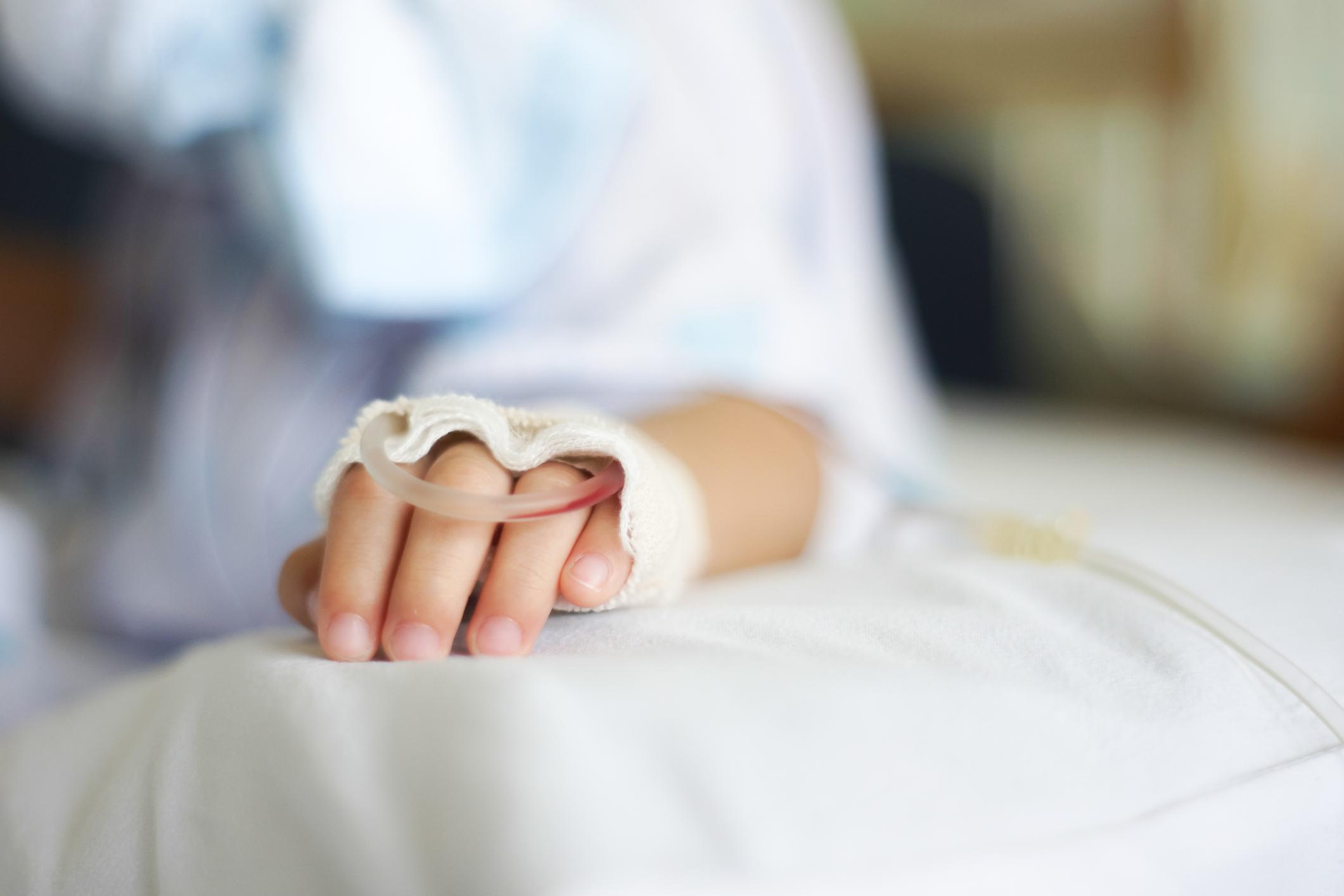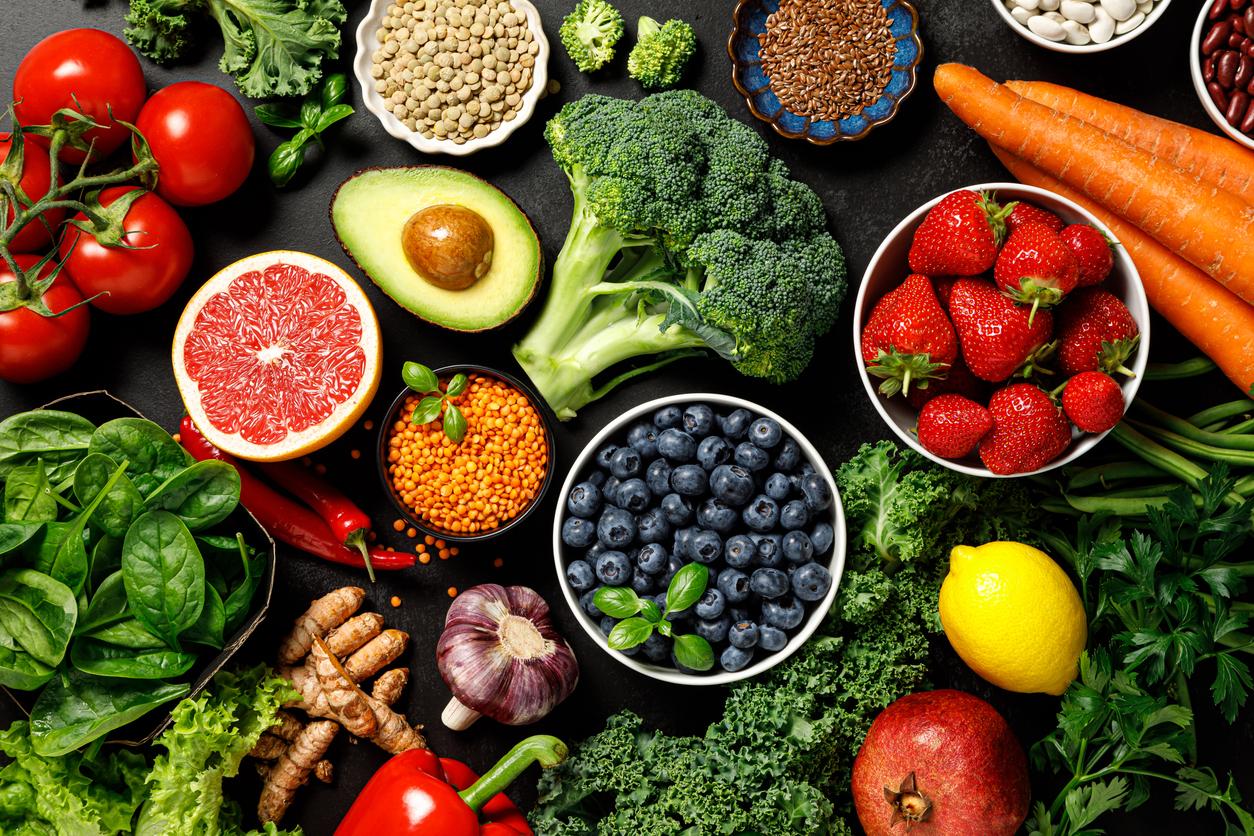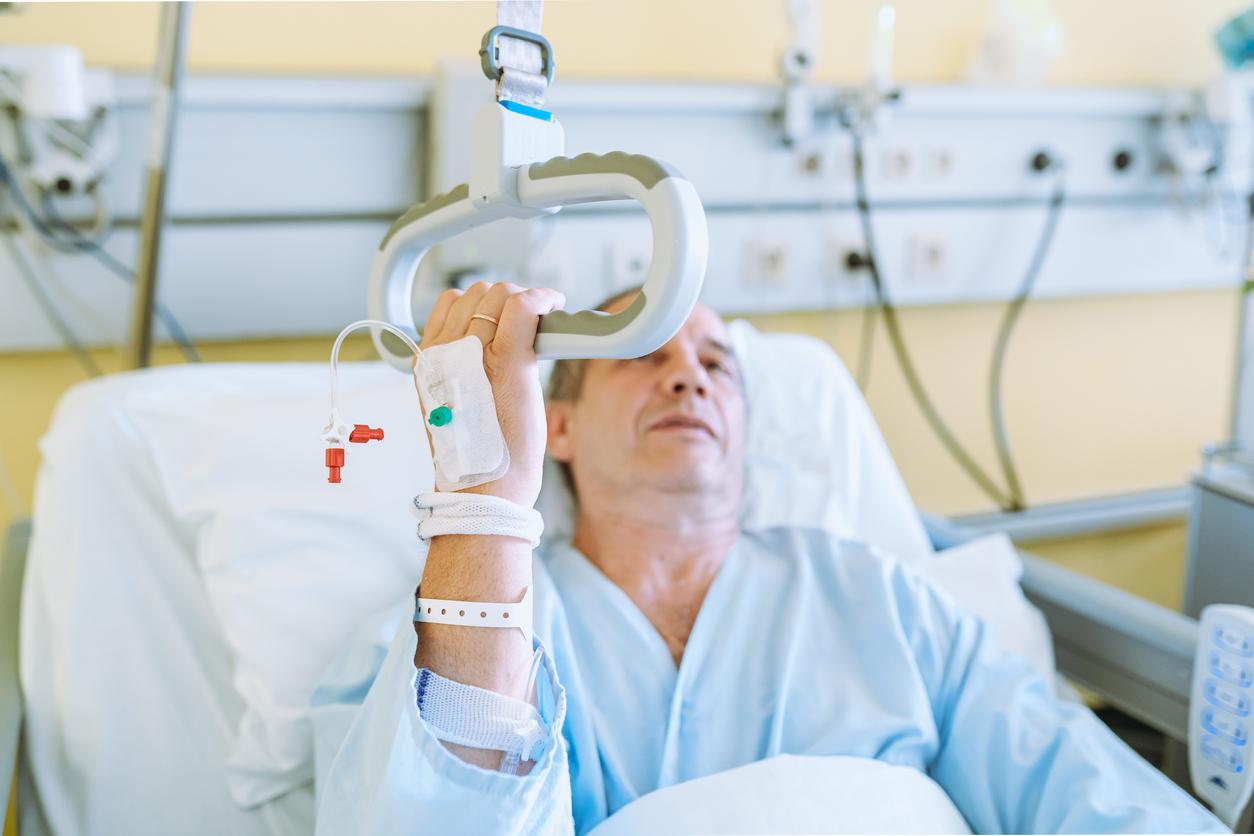More than 19,000 people are currently awaiting a kidney transplant in France. These patients with chronic renal failure experienced the first peak of the Covid-19 epidemic with great concern because, from March 18 to May 11, the health authorities in conjunction with learned societies temporarily suspended the kidney transplant activity, because of the risks that the operation could involve for the recipient but also for the donor of the transplant, in the event of donation with a living donor.
“During this period, only pediatric transplants and combined transplants (that is, associated with another organ) were able to continue. Kidney transplants alone were no less important than the others, but knowledge that we had at the time on the Covid-19 virus and the risks it could pose for patients after transplant surgery were very limited. which there was a vital risk “explains Prof. François Kerbaul, director of organ-tissue harvesting and transplantation at the Biomedicine Agency.
Kidney transplant: how is it going during the epidemic?
Since May 11 and the deconfinement, the sampling and transplant teams have resumed their activity, while organizing themselves to provide sanitary conditions free from Covid-19. A high-level reorganization: it is indeed necessary to provide two contiguous and simultaneous operating theaters (one for the explantation of the donor and another for the kidney transplant itself), recovery rooms as well as two teams of caregivers free from Covid pathologies.
“The recovery took place gradually throughout the territory, in compliance with these sanitary conditions according to a well-codified checklist. Between January and October 2020, 2159 kidney transplants were thus possible, including 306 from living donors” adds the doctor who, like his colleagues, has learned to know the virus better in order to minimize the risks to which donors and recipients are exposed during the various stages.
This guarantee of health safety for patients “sine qua non for the continuation of transplants” is what enabled the Biomedicine Agency not to deplore excess mortality at present, among transplant recipients: “the deaths of transplant patients concern mainly patients transplanted for several years “.
No provisional suspension of transplants (yet).
As underlined by Professor Kerbaul, also former medical director of Samu des Bouches-du-Rhône until May 2019, the Biomedicine Agency recommended not to suspend transplants, as was the case in the spring. In the current situation, the transplant, whether from a living donor or from a deceased donor, continues in health establishments in all regions, with the exception of Guadeloupe (the only region where the transplant is temporarily suspended since September 26, 2020).
But, underlines the doctor, “the objective is not to transplant in order to transplant. The optimal level of health organization is more and more difficult to respect because the Covid epidemic is gaining ground. the dynamics of the epidemic, the waiting times to access a kidney transplant could be lengthened due, in particular, to the unavailability of medical and paramedical teams, as well as operating theaters, recovery rooms and resuscitation “.
This slowdown began to be felt in October in some regions most affected by the Covid epidemic. In Ile-de-France, 11 kidney transplants were thus performed against 16 in October 2019. But in certain regions less affected by the virus, the number of transplants increased: 6 transplants versus 3 in 2019 in the Grand-Est, 5 transplants versus 2 in Normandy, for example. During the month of October 2020, 46 kidney transplants from living donors were performed, against 51 in October 2019. But to date, “deaths on the national transplant waiting list are not higher in 2020 to those observed in 2019 “insists the Biomedicine Agency.
Read also :
- Testimonial: I donated a kidney to my brother
- Infographic: get to know your kidneys
- For the first time, a robot transplanted a kidney









-1730888646.jpg)







